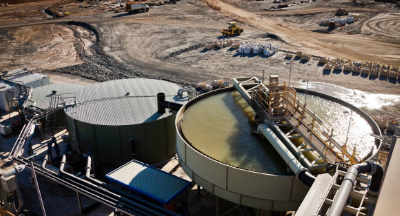While the US has been struggling to keep up with the increasing demand for electric vehicles, the country has taken expensive measures to ensure that it can maintain and grow production rates domestically, making the process more lucrative and beneficial to the economy.
The energy department is now planning a deal that would provide a $2.3 billion loan to Lithium Americas so they could garner domestic supplies for the mineral needed for the production of electric vehicles.
Lithium is used in the rechargeable batteries that power electric vehicles, and the demands for it have surged as more consumers transition out of gas-burning cars and automakers increase their production of cleaner vehicles.
However, the United States has lagged behind in global production of the metal, with nearly 95% of the world’s lithium coming out of just four countries: Australia, Chile, China, and Argentina. Only 1% of the lithium used in the US is harvested domestically, as reported by the Energy Department.
If the deal is completed, the loan would assist in financing the construction of a lithium carbonate processing plant at Thacker Pass in Nevada, which is located next to a mining site with the largest known lithium deposit in North America.
The lithium carbonate obtained from Thacker Pass could sustain the production of batteries for over 800,000 electric vehicles a year, according to the Energy Department. Additionally, administration officials expect that the project would generate around 1,800 jobs during construction and 360 operational jobs once its running.
Yet, the mining project has been protested by indigenous tribe members of the region, ranchers, and environmental groups who claim that it could damage the area’s groundwater and the local wildlife habitat.
Though the company still proceeded with construction early last year, after a federal court ruled in its favor and declined to vacate the decision to approve the project.
Lithium America’s officials have claimed they had “closely engaged” with the local Fort McDermitt Paiute and Shoshone Tribes, entering into a binding agreement with them in 2022 that would provide infrastructure improvements at Fort Mcdermitt and job opportunities for tribe members.
Energy Department officials have argued that the project will help strengthen the domestic supply chain for critical minerals, which they have said is key for “reaching our ambitious clean energy and climate goals and reducing our reliance on economic competitors like China.”
While the department intends to help finance the construction of the plant, they said the mineral production company must first satisfy particular “technical, legal, environmental, and financial conditions.”












